A Critical Support
Self-care is a vital but often overlooked component of support necessary to the work of administrators, teachers, counselors and other invested staff. To effectively care for and teach your students, we must learn to care for ourselves.
As research reinforces the idea that to “teach the mind, we must reach the heart,” we open ourselves up to hearing story after story of heartbreak, rejection, pain, trauma and injustice. To be most effective, our students need for us to be secure and stable ourselves.
This is not an easy task, as even the most seasoned professionals will warn; however, as we hear each time we fly, we must put on our own oxygen mask before helping others. But how?
Beyond the Cliff | Laura van Dernoot Lipsky | TEDx
How can I help a teacher in my office who has just disclosed their own ACE score and are realizing they are being triggered by their students? How do I send the message to my staff that they need to find a work/life balance in order to take on the challenging work educators do each day?
The Children’s Wellness Coalition has broken self-care into three different categories to equip you to support staff with differing needs:
- Prevention
- Immediate
- Individual Self-Care Assessments
If you’re concerned about educator burnout or apathy, you can impact your school most by creating an environment of support and camaraderie between staff, emphasizing preventative self-care, using assessment tools to identify self-care needs, and equipping yourself to intervene when you suspect an acute episode of secondary trauma (defined as the emotional duress that results when an individual hears about the firsthand trauma experiences of another. Its symptoms mimic those of post- stress disorder) or when adverse life experiences disrupt their work performance.
